From The Montgomery Advertiser:
Federal court blocks 2 sections of Alabama immigration law
A federal appeals court Thursday blocked two sections of Alabama's immigration law, including one that had been partially enjoined by a U.S. District Judge in Montgomery.
The 11th Circuit Court of Appeals enjoined Section 27 of the law, known as HB 56, which forbids Alabama courts to enforce contracts between unlawfully present aliens and parties that know their immigration status.
The appellate court also blocked Section 30 of the law, which forbids state and local agencies from doing business with undocumented aliens.
The ruling came as a surprise to some plaintiffs seeking to overturn the controversial law, which went into effect last September. An 11th Circuit Court of Appeals panel indicated before a hearing on the statute last week that they would not issue an opinion on HB 56 until after the U.S. Supreme Court rules on the constitutionality of Arizona's immigration law, passed in 2010. Arguments in that case are expected in the spring.
"We're obviously thrilled," said Mary Bauer, legal director of the Southern Poverty Law Center, representing plaintiffs in the case. "I think it means many of the harms that are happening in the real world will come to an end while we wait for a decision form the court."
In a statement, Attorney General Luther Strange, whose office is representing the state in lawsuits against HB 56, said he “strongly disagreed” with the 11th Circuit’s decision.
“I will continue to vigorously defend Alabama’s immigration law in the courts,” the statement said. “I am hopeful that the Supreme Court’s coming decision in the Arizona case will make clear that our law is constitutional.”
Sen. Scott Beason, R-Gardendale, a co-sponsor of last year’s law, also had his eyes on the U.S. Supreme Court.
“I think we’re going to be fine,” he said. “The Arizona law will be successful, the Alabama law will come after that and be successful, and it will give a road map to other states in the nation to see what they can do.”
Section 30 of the law had been interpreted in some instances as allowing governmental bodies to deny water and other services to undocumented aliens. Bauer said Section 27 had also raised complaints.
"There were people who had bought cars who had them taken away from them because the dealer thought (the contract) was no longer enforceable," she said. "I think the most pernicious effect was in housing, where people have been unable to rent."
The U.S. Justice Department and a coalition of individuals and groups represented by the SPLC, the ACLU and the National Immigration Law Center sued the state over the law last summer, saying HB 56 is pre-empted by federal immigration law and that the statute as written could encourage racial profiling.
The three-judge panel did not explain its reasoning for issuing the injunctions in its two-page ruling. Last October, the 11th Circuit blocked a section of law requiring aliens to carry documentation with them at all times, and another that would have required schools to collect information on the immigration status of enrolling students.
Federal courts have also blocked provisions that prevented undocumented aliens from enrolling in post-secondary educational programs and would have made it a crime for undocumented aliens to work in the state or to willingly harbor or conceal undocumented aliens.
A provision allowing law enforcement to detain those they have “reasonable suspicion” of being in the country unlawfully remains in effect. Provisions requiring state businesses to enroll in E-Verify, a federal program that checks the immigration status of employees, have not been challenged in court; the U.S. Supreme Court has ruled that a state may require businesses to enroll in the program.
U.S. District Judge Myron Thompson last December blocked the enforcement of Section 30 of the law in the registration of manufactured homes. Attorneys for two undocumented aliens who lived in manufactured homes said the requirement would force them to break the law. Thompson noted in his opinion the section would have made it illegal to pay the fee for the renewal, and existing state law left them civilly and criminally liable for not registering their homes.
“They can neither stay, nor can they go,” he wrote.
The oral hearings last week involved an appeal of U.S. District Judge Sharon Blackburn’s decision last September to let most of the law go into effect. Although the 11th Circuit judges said they would not issue an opinion immediately, Cecilia Wang, an attorney with the ACLU, told the panel they could consider expanding their October order blocking some sections of the law.
“They’ll wait until the Supreme Court issues a decision on the appeal,” said Linton Joaquin, general counsel for the National Immigration Law Center. “But they can go ahead and enjoin (portions of the law), pending appeal.”
The Alabama House of Representatives last month approved a modification to the law allowing a particular form of military ID to be considered valid for business transactions. Legislative leaders say they plan to make additional changes, but have ruled out repealing or making major revisions to HB 56.
Page
.gif)
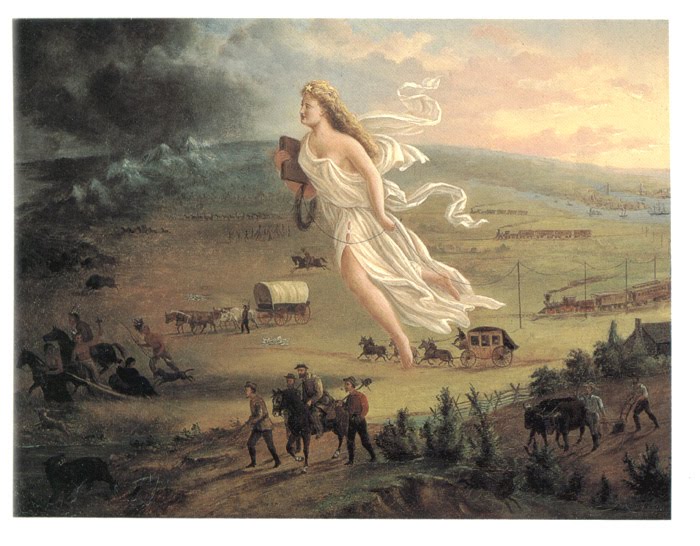

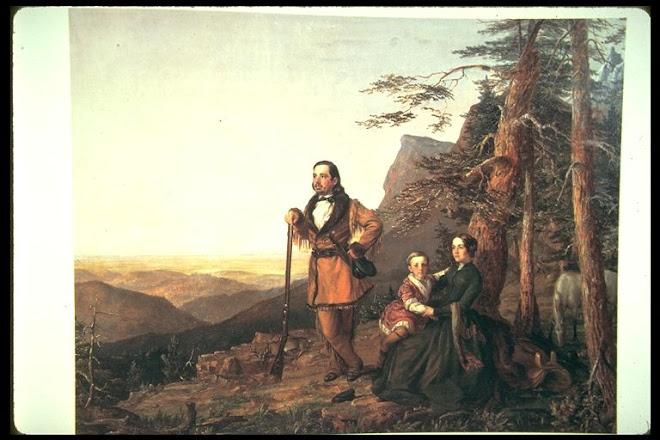


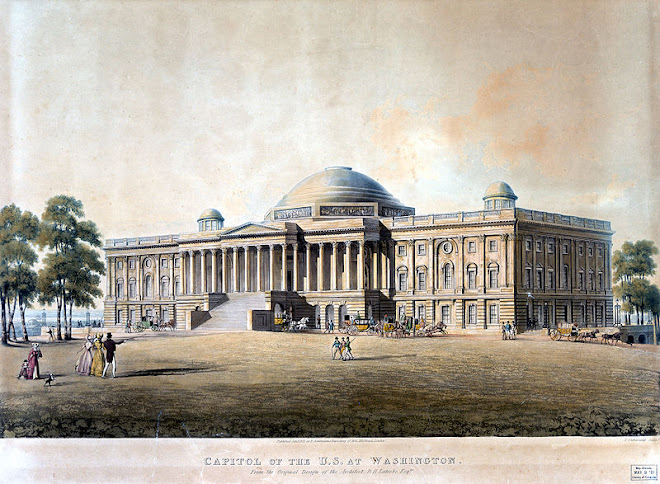


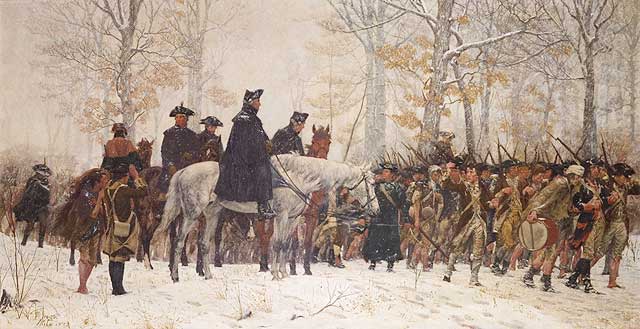



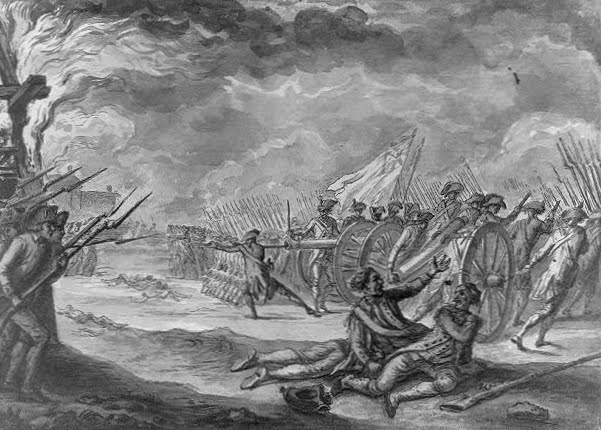

















No comments:
Post a Comment